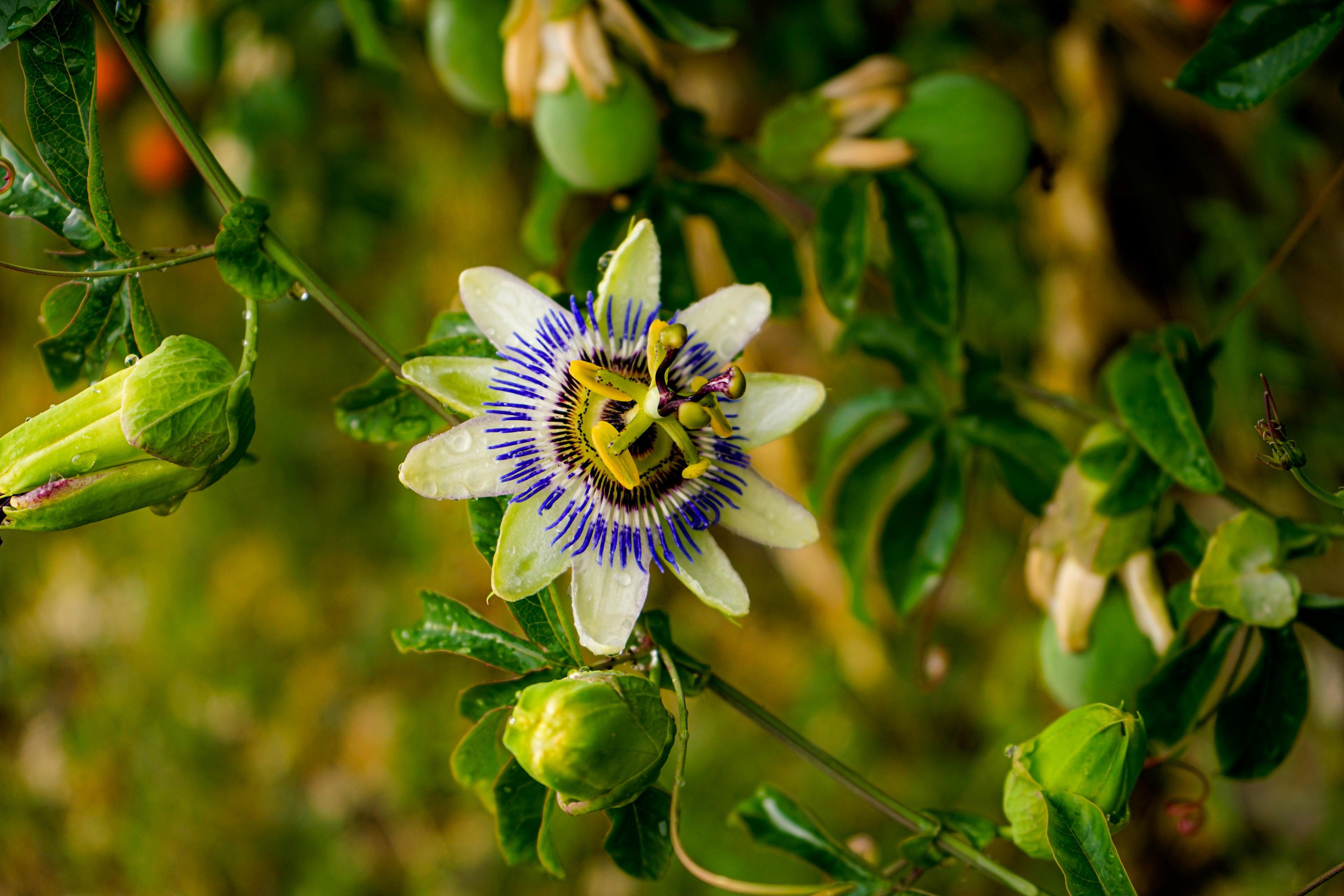Family:
Solanaceae
Part Used:
Leaves, root, and berries.
Energetics & Taste:
Bitter, warm, dry.
Habitat:
Native to parts of India, Pakistan, Sri Lanka, and Africa. It prefers temperate climates.
Key Benefits:
Unlike many adaptogens, ashwagandha is known for its calming and non-stimulating effects. It supports a healthy stress response, vitality, and endurance, making it beneficial for nervous exhaustion caused by prolonged anxiety that has physically, mentally, and emotionally depleted an individual. Ashwagandha is effective for irritability, stress-induced insomnia, and nervousness. It can also be included in a broader treatment plan for anorexia.Due to its impact on the HPA axis and its ability to reduce stress and anxiety, ashwagandha helps modulate the immune system, making it particularly useful for autoimmune diseases. Numerous studies support its traditional use for infertility and sexual dysfunction. In men, it has been shown to enhance sperm count and motility, while in women, it improves sexual function.
Ashwagandha shines for its direct influence on the thyroid. It stimulates thyroid function, making it helpful in hypothyroidism. It has been traditionally used to address anemia, with 100 grams of ashwagandha powder providing 3.3 mg of iron. Lastly, ashwagandha can be used to alleviate muscle pain both internally and topically.
Contraindications:
Ashwagandha stimulates the thyroid, so it should be avoided in hyperthyroidism, if you have allergies to nightshade family plants, or if you have hemochromatosis. It may also increase the effect of barbiturates and thyroid hormone drugs.












